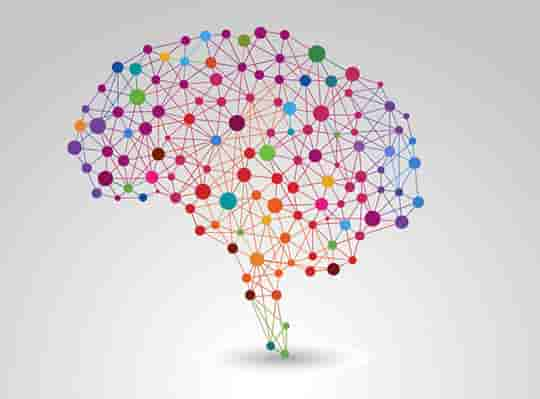Silent strokes are early symptoms of damage to the blood vessels in the brain.
Becoming absentminded can be a clear sign of a silent stroke, research finds.
Silent strokes are early symptoms of damage to the blood vessels in the brain.
They are known as ‘silent’ as they do not cause lasting changes that are sometimes linked to strokes, such as problems speaking or moving.
However, older adults who notice they often become sidetracked or lose their train of thought could have had a silent stroke.
The study included 54 adults aged 55 to 80 who were at risk of a stroke.
Risk factors for a stroke include high blood pressure, cholesterol, diabetes and sleep apnea.
Mr Ayan Dey, the study’s first author, said:
“Our results indicate that in many cases of people who were at a higher risk of silent stroke and had one, they saw a notable difference in their ability to stay focused, even before symptoms became detectable through a neuropsychological test.
If a person feels this may be the case, concerns should be brought to a doctor, especially if the person has a health condition or lifestyle that puts them at a higher risk of stroke or heart disease.”
Although these strokes are called silent, they damage the brain’s white matter, which facilitates communication between regions.
This causes cognitive and memory issues.
Dr Brian Levine, study co-author, said:
“There are no effective treatments for Alzheimer’s disease, but brain vascular changes can be prevented or reduced through smoking cessation, exercise, diet and stress management, as well as keeping one’s blood pressure, diabetes and cholesterol under control.
With the right diagnosis, these interventions and lifestyle changes give older adults who are at risk for cognitive decline some options for maintaining brain health.”
Some people are able to continue functioning well even after experiencing brain damage.
Mr Dey said:
“The question that remains is whether overcoming these changes in the brain is a natural ability some people have or if this is something that can be built up over time.
If it’s something that can be developed, is it something we can train?”
The study was published in the journal Neurobiology of Aging (Dey et al., 2019).

